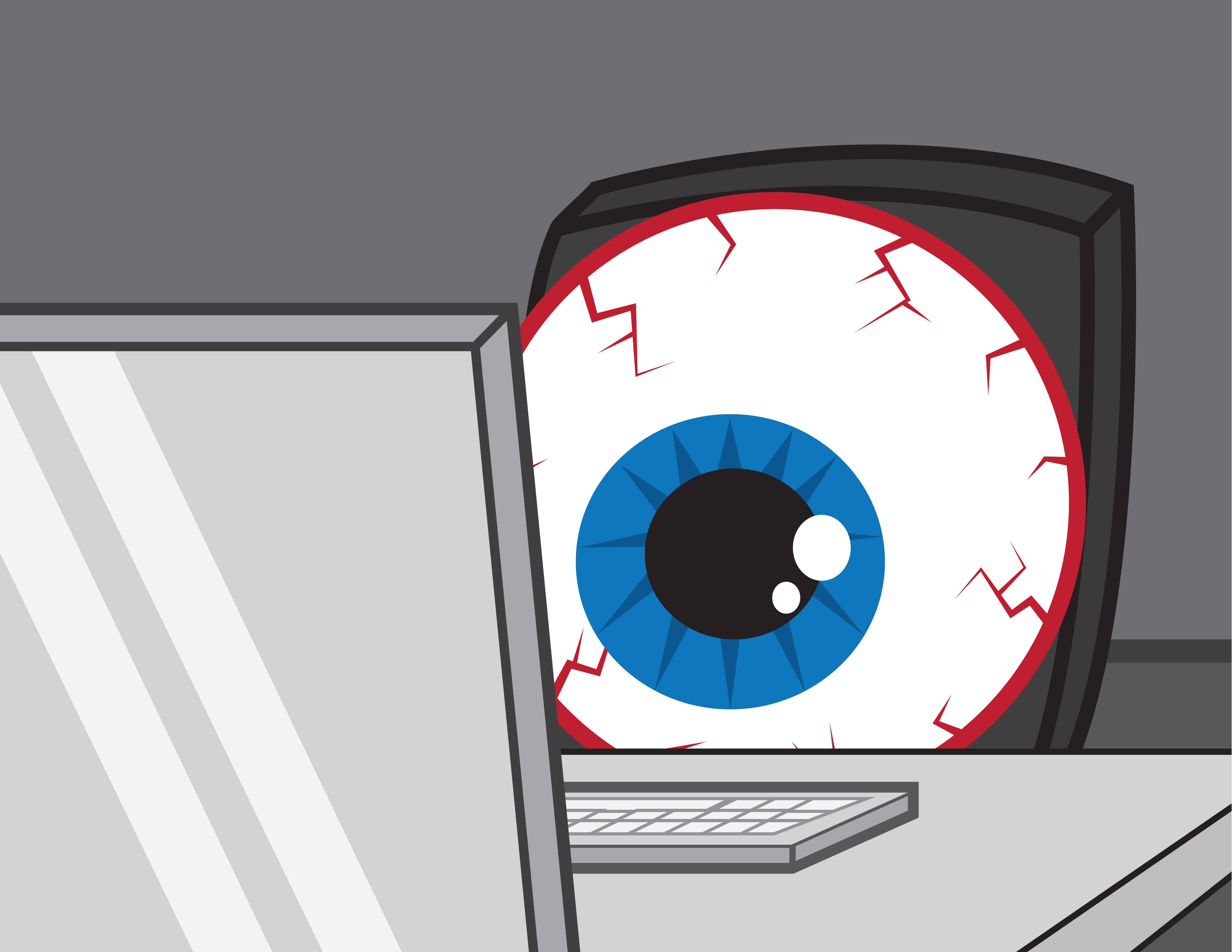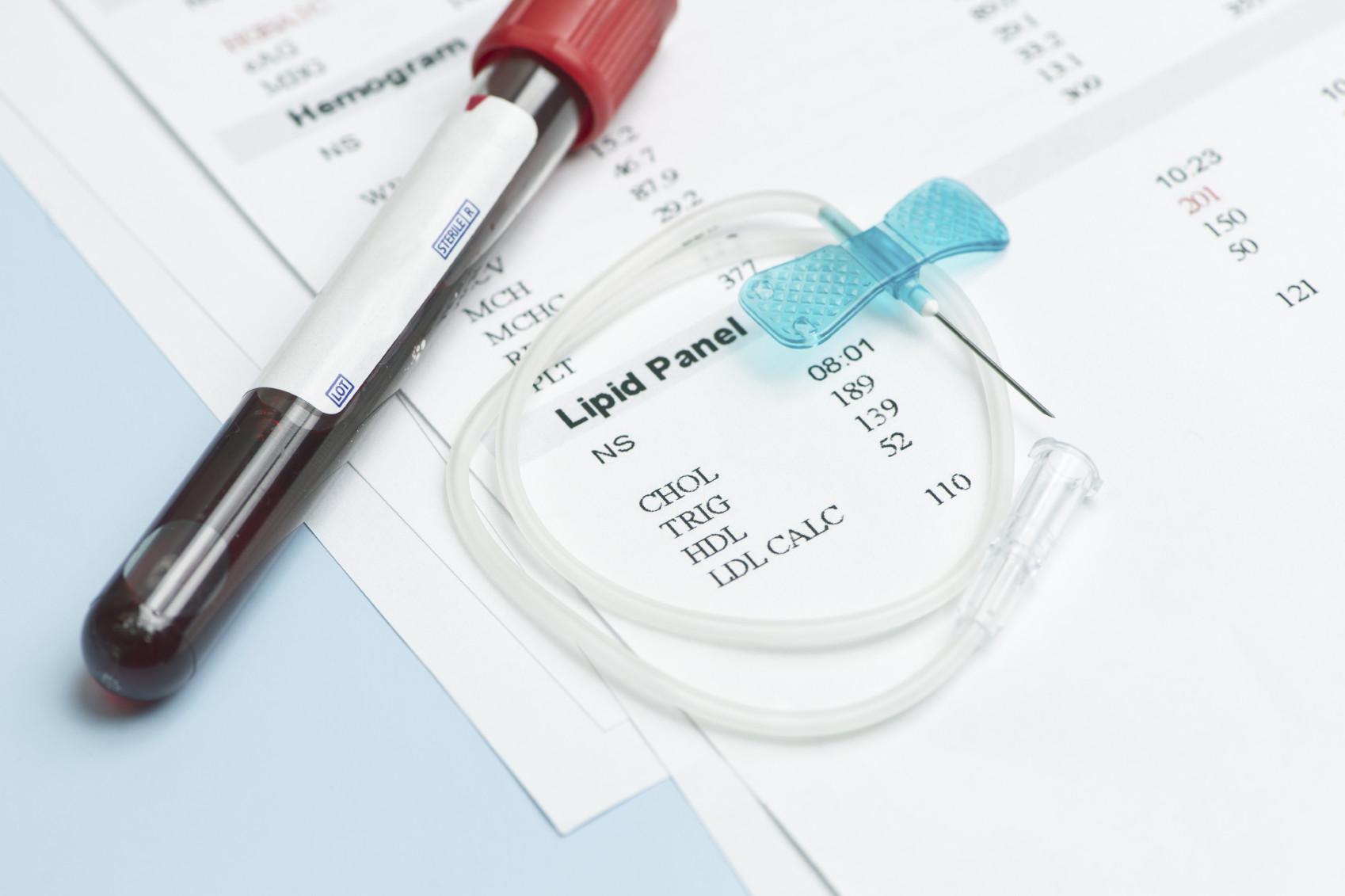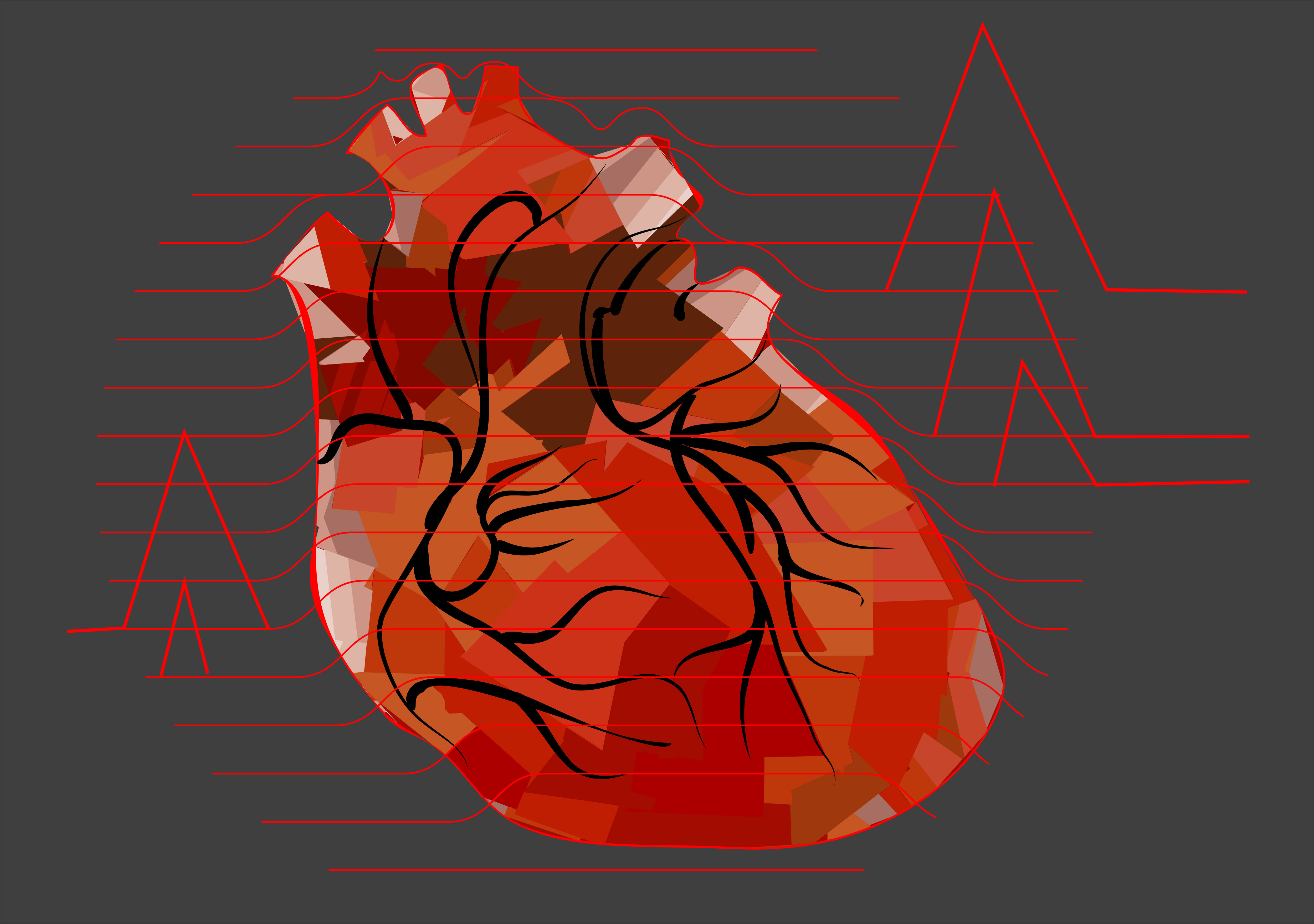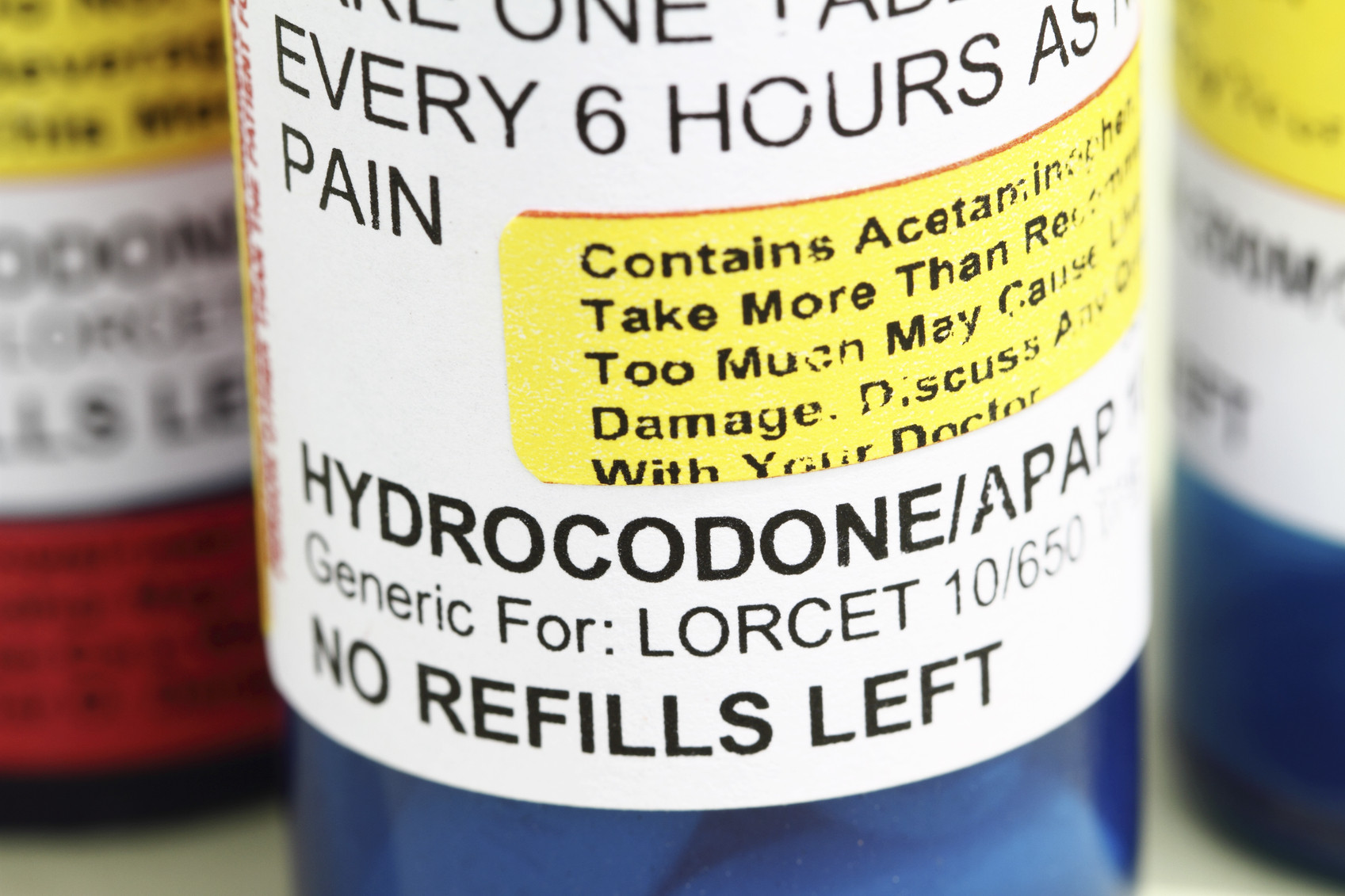Harvard Health Blog
Read posts from experts at Harvard Health Publishing covering a variety of health topics and perspectives on medical news.
Articles
Good — and bad — news about today’s teens
The results of the 2015 National Youth Risk Behavior Survey, suggests that few teens are smoking cigarettes, having sex, getting into physical fights, and drinking less soda. This good news is tempered by concerning trends, for example fewer adolescents use condoms when they do have sex, and more of them are trying e-cigarettes.
A bummer for kids: Nasal flu vaccine not effective
For years, many kids could skip the traditional flu “shot” — along with the tears — and still be protected by the nasal spray vaccine also known as the LAIV (live attenuated influenza vaccine). But not this year. Studies now show that the nasal vaccine is quite ineffective, and pediatricians are starting to change their flu recommendations from a nose squirt to a shot.
An easy way to eat healthier this summer: Find a farmers’ market
Farmers’ Markets hold many benefits for you and your community. The produce is fresher, and there are no “center” aisles to tempt your sweet tooth. Many farmers’ markets even offer cooking classes to increase your dinnertime variety. Researchers at the Harvard T.H. Chan School of Public Health saw a decrease in soda consumption and an increase in vegetable consumption among those who frequented farmers’ markets this past year.
Progesterone supplements don’t help prevent miscarriage
Miscarriages can be devastating — especially for women who experience recurrent miscarriage, defined as three or more in a row. Doctors used to give these women supplements of progesterone, a hormone that helps maintain a healthy pregnancy. However, a recent study has confirmed that these supplements don’t improve pregnancy outcomes. For those who experience recurrent miscarriage, the best solution may be to simply keep trying.
Can super-sizing start with baby bottles?
Research suggests that super-sizing our meals doesn’t just create problems for adults–– when we increase the amount of food that infants and children eat, they gain weight. This weight gain during infancy can lead to over-weight children, and over-weight children are more likely to become over-weight adults. In order to make sure infants and children are a healthy weight, keeping the portion sizes kid-friendly is key.
Your resting heart rate can reflect your current — and future — health
How many times your heart beats per minute when you’re resting — also known as your resting heart rate (RHR) — can provide important clues to your current overall health and even predict possible future health problems.
When “life” gets in the way of good health
As it turns out, the things your doctor spends so much time focusing on at your yearly check-up account for just 10% of your health needs. Over half of the total “picture” of your health comes from social, environmental, and behavioral factors. This means that people who have unmet environmental needs — such as being unable to afford healthy food — suffer real consequences to their physical health. We’ve described one initiative that aims to change that.
Silent heart attacks: Much more common than we thought in both men and women
We typically think of heart attacks as sudden, chest-clutching agony. But the reality is that nearly half of all heart attacks have no symptoms at all and go completely unnoticed by the people experiencing them — and, alarmingly, these “clinically silent” heart attacks are nearly identical to more overt heart attacks in terms of the damage they cause and the risk to a person’s future health.
Lung disease in smokers who don’t have COPD
You probably know that smoking has enormous consequences for your health. One of the most common is chronic obstructive pulmonary disease (COPD), a disorder involving damage to the lungs. If you smoke, but you don’t have COPD, you may be tempted to think your lungs are relatively unharmed — but a recent study suggests that some smokers without COPD might still suffer lung damage.
The opioid crisis and physician burnout: A tale of two epidemics
Like many of us these days, doctors are feeling the pressure of being asked to do more work in less time. This burnout is a big problem for both doctors and their patients, and it has big consequences — some obvious, some less so. In this post, Dr. Adelman explores the relationship between physician burnout and another big problem facing the country — the opioid epidemic.
What to do when blood test results are not quite “normal”
If you’ve ever looked through your bloodwork results, you may have noticed that some of your results are barely within the normal range—or even just outside it. Many of these results simply reflect the fact that what’s perfectly normal for you doesn’t always fit within the laboratory’s “normal” range. It’s the trends in your results over time, not any one number, that tell the most accurate story about your health.

Zinc: What it does for the body, and the best food sources

Respiratory health harms often follow flooding: Taking these steps can help

Tips to leverage neuroplasticity to maintain cognitive fitness as you age

Can white noise really help you sleep better?

Celiac disease: Exploring four myths

What is prostatitis and how is it treated?

What is Cushing syndrome?

Exercises to relieve joint pain

Think your child has ADHD? What your pediatrician can do

Foam roller: Could you benefit from this massage tool?
Free Healthbeat Signup
Get the latest in health news delivered to your inbox!
Sign Up

























